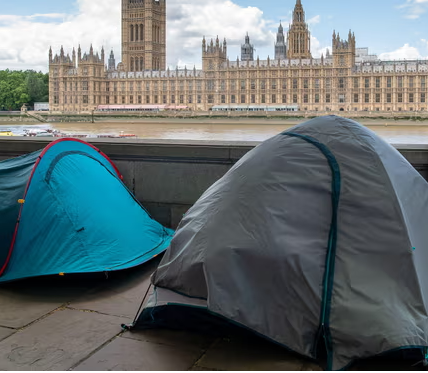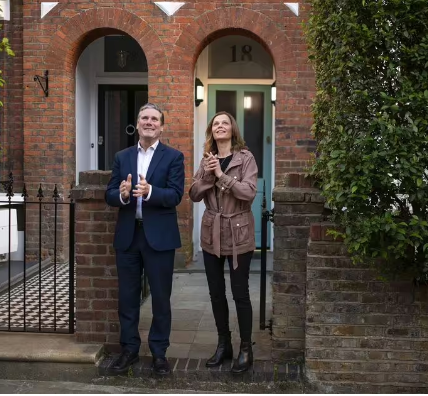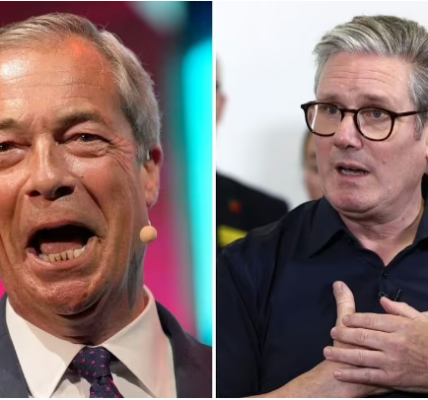The cost of the UK’s departure from the EU has been revealed in a written parliamentary question.

PM Sir Keir Starmer and EU chief Ursula von der Leyen (Image: Getty)
Britain has shelled out £24 billion on the Brexit divorce bill so far with £6.4 billion still to pay, it has emerged.
Treasury minister Tulip Siddiq confirmed the UK has paid the EU £23.8 billion as part of its “financial settlement” agreement.
In response to a written parliamentary question, she added that a further £6.4 billion is due to settle pre-existing financial obligations.
It comes as Sir Keir Starmer is pushing for a post-Brexit “reset” with Brussels sparking alarm from Eurosceptics.
The Prime Minister, who backed Remain and a second referendum, has insisted he will not rejoin the single markets or customs union.
But he faces calls from some within Labour to go further with a return to the single market.
Speaking at a flagship investment summit in London earlier this month, Sir Keir claimed Brexit had damaged the UK’s international standing.
He said: “The reset on the international stage has to come alongside what we are doing on investment.
“Whichever way people campaigned and voted on Brexit, one of the consequences to my mind was that the impression was given that the UK was more interested in turning in on itself and becoming more isolated and less interested, frankly, in the outside world than we once were.”
In his summit keynote speech, he said: “People want to know that Britain can be a stable, trusted, rule-abiding partner. As we always have been.
“But that, somehow, during the whole circus that followed Brexit, the last government made a few people less sure about.
“Needlessly insulting our closest allies, and of course a few choice Anglo-Saxon phrases for business.
“Well – no more. We have turned the page on that – decisively.
“And we will use that reset for growth.”
A government spokesperson said: “We are working to reset the relationship with our European friends to strengthen ties, secure a broad-based security pact and tackle barriers to trade.”




